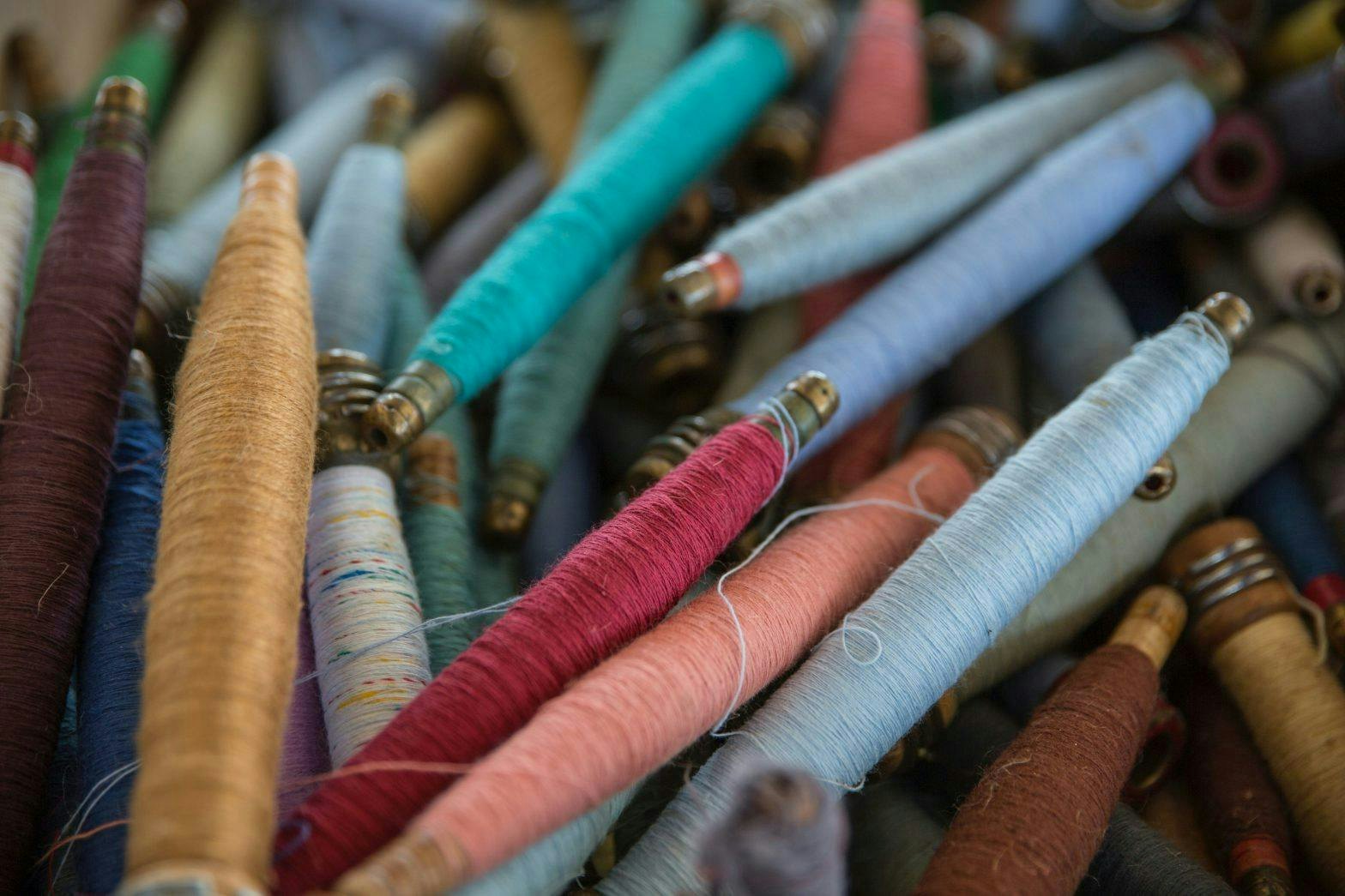
Sustainability in times of crisis
With the arrival of this pandemic, the fashion industry has been hit hard. Companies have started to refuse to pay for garments that had already been completed, cancelling orders, and letting workers go without pay. The industry is taking a hit, and many companies are likely to be in financial distress. But different companies have decided to act in different ways. Some are responding to the crisis in order to help others, while some are shutting down to protect themselves.
The industry has been under scrutiny. The crisis has given us transparency to what the companies have been doing. Some have redirected their production to help the public, making masks, hand sanitizers and hospital gowns, doing their best to play their part. Other big corporations, who had made promises regarding sustainability and employees, and who could have helped in similar ways, are now the ones to cancel orders without warning. This awareness has started to change consumer preferences, and companies have tried to keep up with them. While some companies genuinely became sustainable, others used greenwashing to help their sales before the pandemic and are now the ones to stray away from the principles they had put out.
The different strategies used by companies in response to this crisis really show the need to rethink the system. The coronavirus has created a humanitarian crisis on top of the economic one. The State of Fashion 2020 stated that “For workers in low-cost sourcing and fast-fashion manufacturing hubs, […] extended periods of unemployment will mean hunger and disease.” Some countries do not have the right infrastructure and the right sanitation measures will be impacted more than others. On top of that, if workers are laid off in these already stressful times, it could prove to be disastrous.
There is a much-forgotten advantage in keeping employees and making sure that they can survive this crisis. Now more than ever companies need to realise that workers are not commodities that can be disposed of and switched out when necessary. As Orsola de Castro once said, ”Demand quality not just in the products you buy, but in the life of the person who made it”.
Another aspect of this pandemic is that it has hit both the demand and the supply side of this industry. People are consuming less, putting a strain on the supply-side, but when they are consuming, it is through online stores and platforms. A real shift to digital fashion could appear out of this crisis. Digital platforms are now a necessity during isolation, and companies must adapt to them to strengthen their capabilities. Through digitalisation, it is possible to support sustainable brands that continue to help their employees through this tough time. Brands are quickly enhancing their digital presence and innovating to respond to consumer demands.
It’s important for companies to realise there is a necessary middle ground between remaining competitive, surviving as a company and minimising the social impacts they will create.
This is also an opportunity for the industry to reassess its values and potentially reshape the way it works. Consumers’ mindsets are already shifting, and it is now the industry’s turn to show true transparency and to put sustainability first. Respecting workers and the supply chain is highly important in these uncertain times. In the State of Fashion 2020, Li Edelkoort was cited saying that “The virus […] brings to light what is so terribly wrong with society. […] It teaches us to slow down and to change our ways.”. Even though the repercussions that the virus will have will be unprecedented, it is important to be aware of the change it might bring. If anything, this virus has shown us that society can be slowed down to a near stop, showing how the already broken capitalist economic system isn’t working anymore. It is now necessary to rethink and redesign the industry so that it respects both the planet and the people who work in it.





